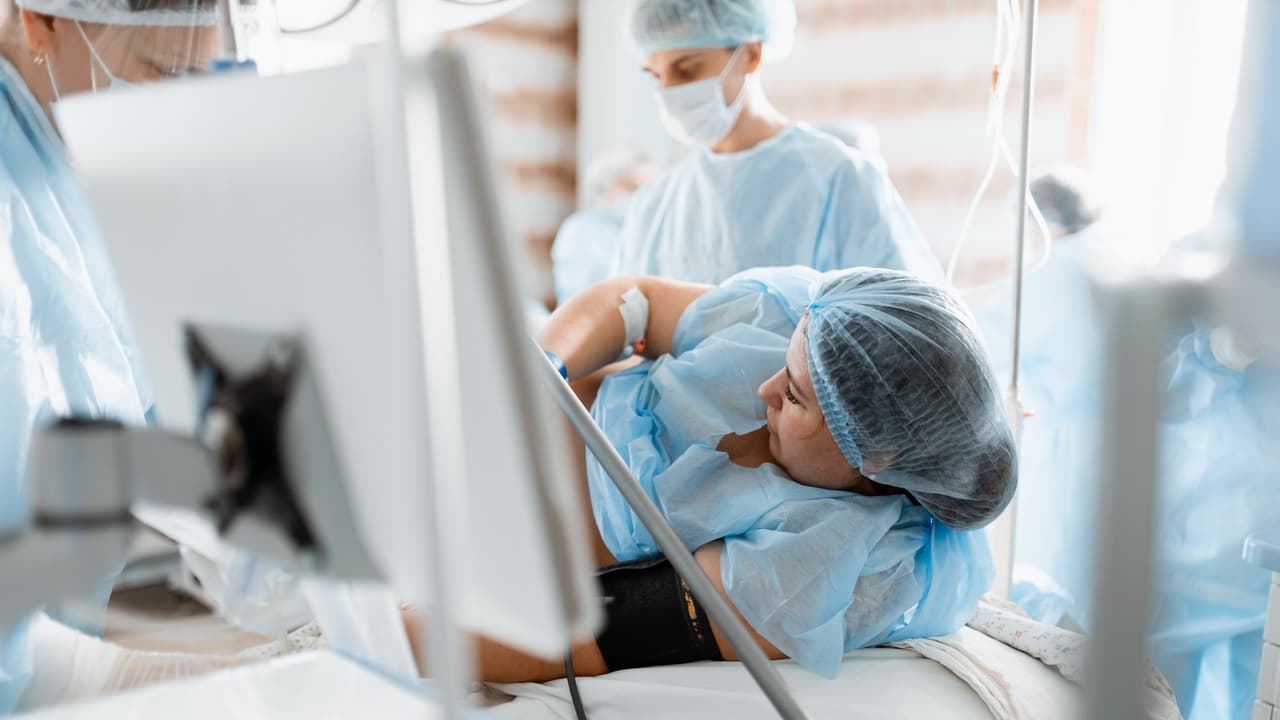Women who undergo C-sections face higher risks of severe postpartum pain and sleep disorders. Effective pain management and healthy sleep can ease recovery and reduce complications like depression and fatigue.
New research shows that women who deliver via cesarean section face higher risks of severe postpartum pain and sleep disturbances, which can affect recovery, mental health, and daily life.
Presented at the ANESTHESIOLOGY® 2025 annual meeting, the study highlights that C-section births—planned or unplanned—are associated with more intense pain and a greater likelihood of sleep disorders in the months following delivery.
Pain and Sleep: A Vicious Cycle
“Sleep is often overlooked in postpartum recovery, but it’s central to a mother’s physical and mental health,” said Dr. Moe Takenoshita, lead author and postdoctoral scholar at Stanford University Center for Academic Medicine. He added that severe pain after a C-section can lead to postpartum depression, memory and concentration problems, fatigue, and difficulties bonding with the baby or maintaining relationships.
The research combined qualitative interviews and large-scale data analysis. In interviews with 41 mothers—24 vaginal deliveries, 11 planned C-sections, and six unplanned—over two-thirds of C-section mothers reported severe pain that interfered with sleep, compared with just 8% of vaginal birth mothers.
Meanwhile, analysis of a national insurance database covering 1.5 million mothers (2008–2021) showed that women who had C-sections were 16% more likely to be diagnosed with sleep disorders, such as insomnia or sleep apnea, within a year after delivery.
Supporting Recovery
Dr. Takenoshita emphasized the importance of pain management and healthy sleep habits for C-section recovery. Tips include:
- Taking prescribed pain medication as advised
- Sleeping when the baby sleeps
- Engaging in light physical activity when possible
- Avoiding caffeine or alcohol late in the day
- Practicing relaxation techniques like baths or deep breathing
“With about one-third of U.S. births being C-sections, mothers should be aware of these risks,” said Dr. Takenoshita. “If sleep problems arise during pregnancy or postpartum, it’s important to consult a physician for guidance and support.”
